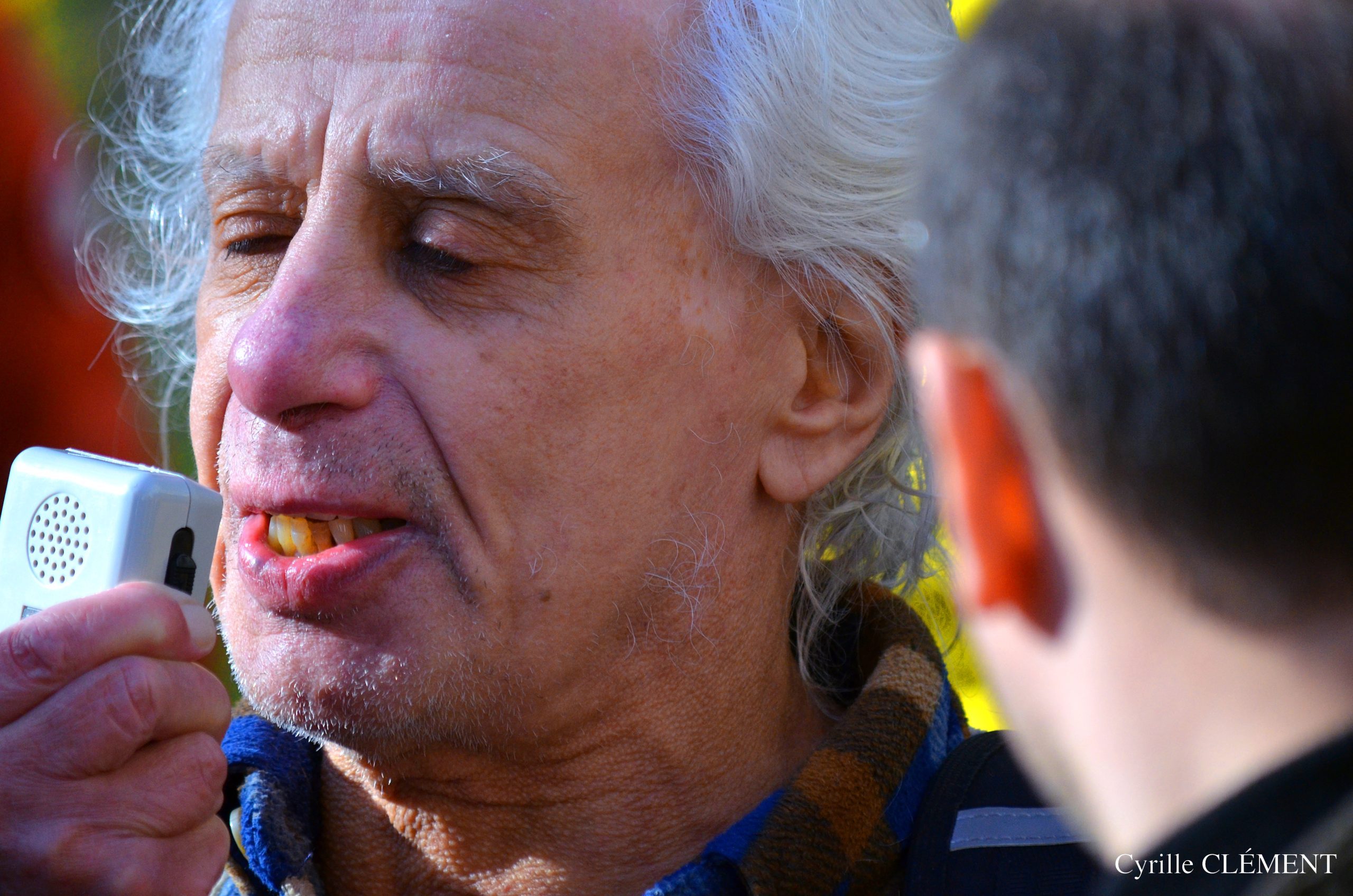The prominent Soviet-era Russian dissident Viktor Fainberg died this week at the age of 91. Fainberg, who was a philologist, was one of the eight people who protested in Red Square, Moscow on 25 August 1968 against the Soviet invasion of Czechoslovakia, alongside Pavel Litvinov and the late poet Natalya Gorbanyevskaya, among others. Despite the protest lasting only five minutes, all were arrested by the Soviet authorities.
All these people were instrumental in the founding of Index, as Jo-Ann Mort’s interview with Pavel Litvinov, published here, shows.
On Fainberg specifically, after his arrest he was brutally assaulted by the police to the point where he could not physically stand trial. Fainberg was examined, then sent to a Leningrad psychiatric hospital for over four years with no evidence of mental illness – details of which he shared with the translator Richard McKane who he met at an Index on Censorship party in the 1970s. He was then diagnosed with schizophrenia, which was a common tactic during the Khrushchev era to repress dissenters and silence voices of criticism in the Soviet Union, which continued into the Brezhnev era.
In the spring of 1971, Fainberg staged an 81-day hunger strike against conditions in the psychiatric hospital, and was eventually released in February 1973.
Fainberg founded the Campaign Against Psychiatric Abuse in April 1975, an organisation which campaigned against the abuse of human rights through misuse of psychiatry in the Soviet Union. The country withdrew from the World Psychiatric Association in 1983.
After his release, Fainberg, born into a Jewish family in Kharkiv, Ukraine on 26 November 1931, initially moved to Israel before settling in France in later life.
Index patron Tom Stoppard’s play Every Good Boy Deserves Favour was jointly dedicated to Fainberg, and Stoppard himself joined Index’s advisory board in 1978 after writing about Fainberg’s incarceration.
In 2014, Fainberg received the Medal of the President of the Slovak Republic for his actions in 1968, and in 2018 received the Gratias Agit award from the Czech Ministry of Foreign Affairs for promoting the good name of the Czech Republic.
He kept up his activism to the end, shifting his focus to Ukraine. Years before the recent invasion, Fainberg spoke out against the Kremlin’s Ukrainian political prisoners. He also warned of the “shadow of Munich hanging over Europe”.
In his 2015 letter to abducted Ukrainian military pilot Nadiya Savchenko, who was on hunger strike in a Russian prison, he wrote “I was born in Ukraine, in Kharkiv. The first nature that I saw, the first songs that I heard, were the nature and the songs of Mother Ukraine”. At the end of the letter, Fainberg told Savchenko that he was joining her hunger strike (which she later agreed to end). Fainberg also attended many protests in Paris, demanding the release of Ukrainian filmmaker Oleh Sentsov.
On news of his death Mikhail Khodorkovsky, the Russian businessmen who was himself jailed for falling foul of the Putin regime, said:
“He was an amazing, remarkable man who felt other people’s pain as if it were his own. The world is a different place without him – even less human, even colder.”






